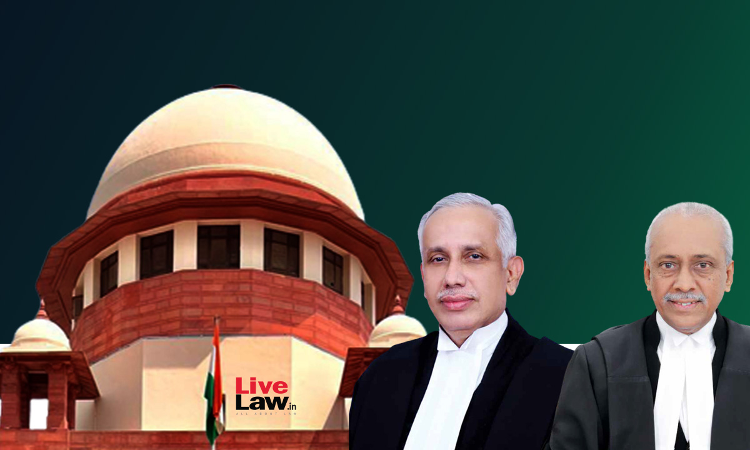Protest Is A Tool In Hands Of Civil Society & Police Action Is A Tool In Hands Of Establishment: Supreme Court
Ashok KM
9 Nov 2022 8:54 PM IST

Next Story
9 Nov 2022 8:54 PM IST
Protest is a tool in the hands of the civil society and police action is a tool in the hands of the Establishment, the Supreme Court remarked in a recent judgment regarding a Kerala Panchayat election dispute.The bench of Justices S. Abdul Nazeer and V. Ramasubramanian observed thus while allowing appeal filed by an elected candidate whose election was declared void on the ground that he...
